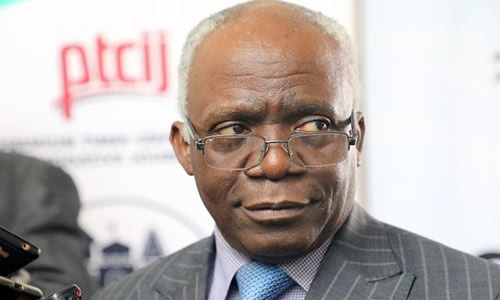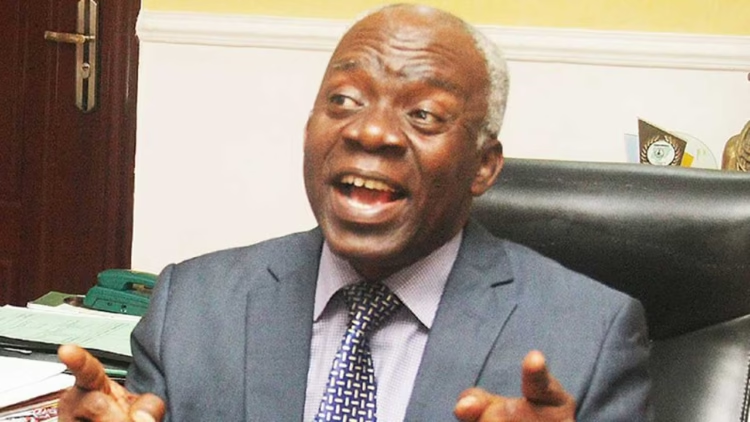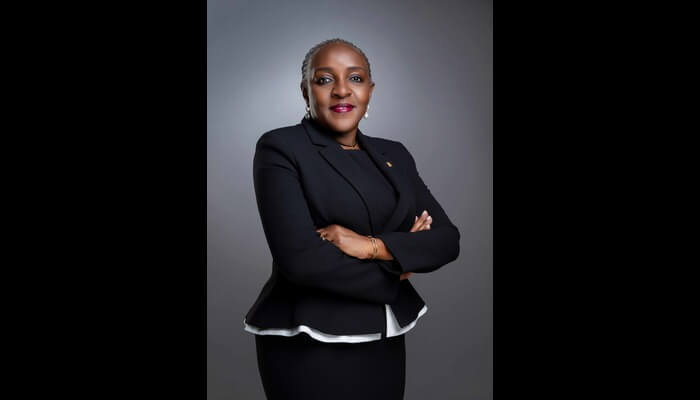Femi Falana NHIA Act ruling confirms Nigerians’ legal right to compulsory health insurance under the 2022 law
Femi Falana NHIA Act comments have stirred renewed attention to Nigerians’ right to health insurance, as the senior advocate affirms the National Health Insurance Authority Act of 2022 now guarantees legal access to compulsory healthcare for every citizen.
Also read: Seyi Makinde urges fair PDP convention in Ibadan
Falana, a leading human rights lawyer, stated that the 2022 Act replaces the ineffective 2004 NHIS law, which failed to integrate Nigeria’s fragmented health insurance systems or cover a significant portion of the population.
According to him, this new legislation marks a powerful legal and policy turning point toward universal health coverage.
In a statement shared with The PUNCH, Falana said the NHIA Act mandates a Basic Minimum Package of Care for all Nigerians and legally binds state governments to provide health insurance through their schemes or via approved third-party administrators.
The law also establishes a Vulnerable Group Fund, aimed at covering children under five, the elderly, persons with disabilities, and the indigent.
Citing Section 25 of the NHIA Act, Falana stressed that insurance for vulnerable groups must be fully funded by government, while Section 31 requires employees to contribute.
He argued that, given the rising poverty levels, most Nigerians now fall under the Act’s definition of “vulnerable” and thus deserve publicly funded health coverage.
The renowned lawyer referenced President Bola Tinubu’s directive of 3 September 2025, which mandates all Ministries, Departments, and Agencies to enrol staff in the NHIA scheme.
The move ties health insurance certification to public procurement processes, aiming to enforce compliance across government institutions.
Falana hailed the directive as a key step toward making healthcare affordable and universal, warning that over 90% of Nigerians still lack coverage due to systemic poverty and poor implementation.
He noted that the NHIA now regulates both public and private health insurance schemes, laying the foundation for a unified national health framework.
He further invoked Section 17(3)(d) of the Nigerian Constitution and Article 16 of the African Charter on Human and Peoples’ Rights to argue that healthcare access is not a privilege but a legally protected right.
Also read: Falana faults Tinubu economic policies, says only the rich are benefiting
As Nigeria inches closer to implementing this transformative law, Falana’s position reinforces the urgency for both federal and state governments to invest in meaningful, inclusive healthcare infrastructure—one that leaves no citizen behind.






























